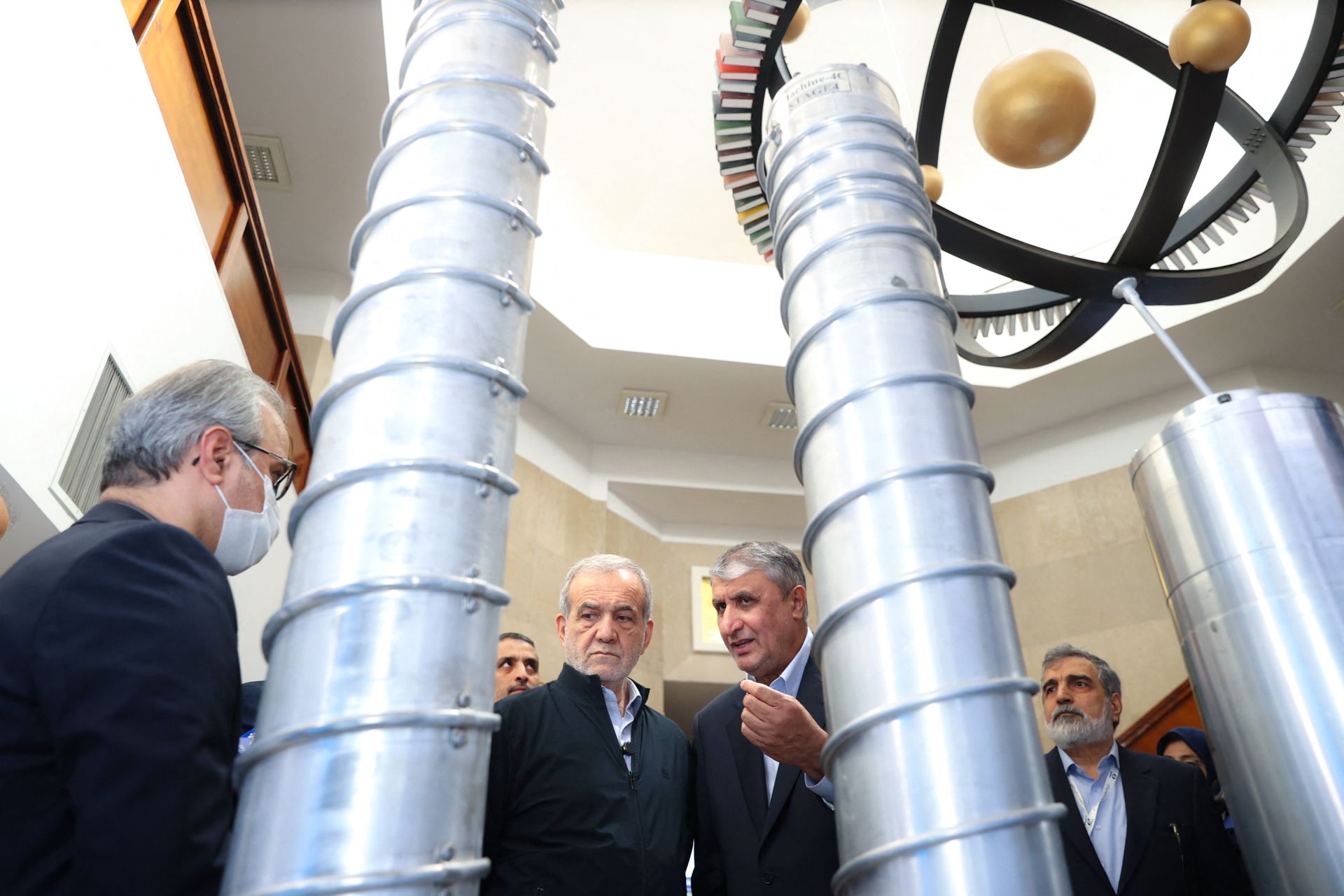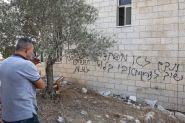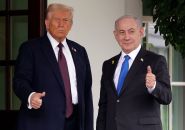- Home
- Middle East
- Iran Summons EU Envoys Over Bloc's 'Interventionist' Stance

A handout picture provided by the Iranian presidency shows President Masoud Pezeshkian (C-L) and the Atomic Energy Organisation of Iran (AEOI) chief Mohammad Eslami (C-R) during the \ ©Iranian Presidency / AFP
Iran summoned envoys from European Union member states to protest the bloc's "interventionist" statements on contested islands in the Strait of Hormuz as well as the Islamic republic's nuclear program, local media reported Wednesday.
Iran considers the islands of Greater Tunb, Lesser Tunb, and Abu Musa, all near the strategic Strait of Hormuz in the Gulf, as part of its sovereign territory.
Iran's deputy foreign minister summoned the heads of mission from EU states to criticize a joint communique issued by the bloc and the Gulf Cooperation Council (GCC) on Monday, the official ISNA news agency reported, without naming the envoys.
Following an EU-GCC summit in Kuwait, the meeting's final statement called on Iran "to end its occupation of the three islands of the United Arab Emirates."
The deputy minister, Majid Takht-Ravanchi, conveyed Tehran's "strong protest" over what he called the bloc's support for the UAE's "baseless claim" to the islands.
The EU-GCC statement also urged Iran to resume full cooperation with the UN's nuclear watchdog, the International Atomic Energy Agency (IAEA), pursue regional de-escalation, and curb proliferation of missiles and drones.
Tehran suspended its cooperation with the IAEA following months of heightened tensions and attacks on key nuclear sites.
In June, a 12-day war erupted after unprecedented Israeli strikes inside Iran targeted military, political, and nuclear-related sites.
Iran responded with missile and drone attacks on Israel and on the largest US base in the Middle East, located in Qatar, after Washington launched a bombing raid of its own.
Takht-Ravanchi also dismissed remarks on Iran's missile program as "clear interference in Iran's internal affairs," saying the country's "indigenous defensive capabilities" were an inherent right and a guarantor of regional stability.
The EU has previously imposed sanctions on Iran over its missile activities, accusing Tehran of supplying drones and missiles to Russia for use in the war in Ukraine.
Iran has rejected the claims, saying it has not sided with any parties in the conflict despite its strategic partnership with Moscow.
Takht-Ravanchi further decried a move by the EU and the three European signatories to the 2015 nuclear deal with Iran—Britain, France, and Germany—to reimpose UN sanctions, alleging Tehran was not meeting its obligations.
He accused the EU of "breaching their commitments" and "causing a deadlock in diplomacy."
With AFP
Read more



Comments